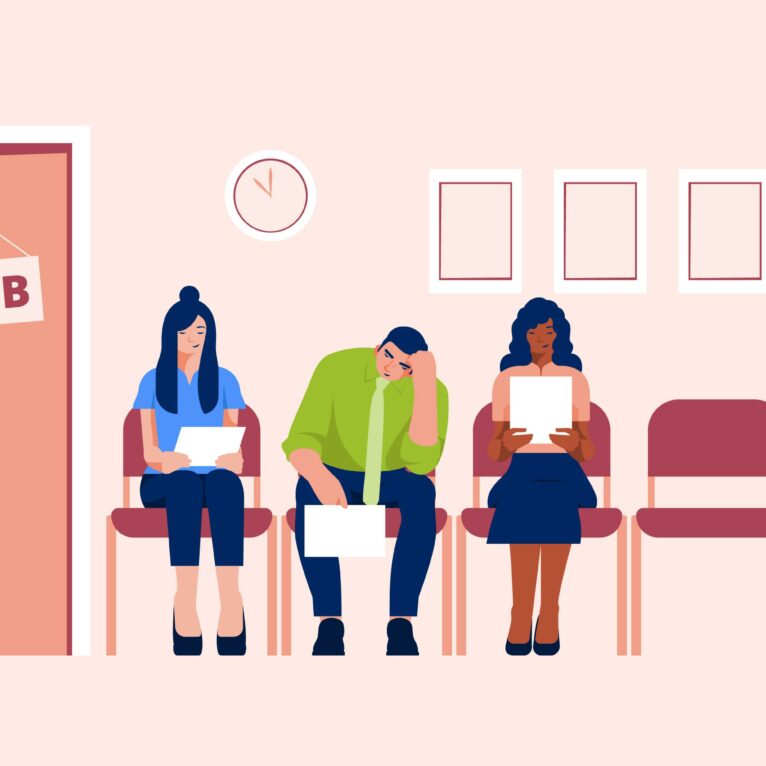
Share article:
Tags:
Some say it’s witchcraft, some say its wizardry, and those in the know say it’s just like learning a new language! Either way, programming can be an extremely lucrative and future-proof career choice. So, how do you go about starting that career?
Firstly, there are some basic requirements to even considering this as a choice. You absolutely have to be nifty on a computer. You will struggle BIG TIME if you can only use a keyboard with one finger. You should be typing at 50 WPM at a minimum, as although code quality is more important, typing at a snails pace will not work for most employers.
Unfortunately, as with most career paths formal qualifications do give you a massive leg up. That said, I’ve known plenty of geeky people to forge a career in programming just with a passion for technology and an at-home hobby such as script writing or indie-game development.
If you do fall into the category that lacks formal qualifications, not all hope is lost. There are plenty of short online courses you can take (some are even free!) to master new skills and languages. It is a great idea to look at the sorts of jobs you want to apply for, identify that typical languages, tools and frameworks used, and then Google ways to learn these at home.
Another thing to consider is doing some little at-home projects, and spam them all over your CV! If you want to write code for a business that designs games, consider trying to design a small app, and using it to create and grow your online portfolio.
Spend time reading up on the latest technologies and trends too. The world of computer programming moves extremely fast, and it’s not uncommon to see a programmer’s skillset become nearly obsolete within a few short years. Staying on top of technology is vital to career advancement, and it is something you will need to continually do outside of your day to day employment to give you the edge over your colleagues.
When the time comes (hopefully) for your first interview for a programming role, there are some slight differences between traditional interviews and modern programming interviews. Lots of employers will want to see some examples of your code. Whether that means checking out your portfolio of experiences, or actually offering a coding test, both are commonplace.
If testing is on the cards, you will want to read the job specification numerous times, write down all the mentioned technologies and tools, and then spend a few hours on Google brushing up (or learning from scratch) on them. For the priority tools, such as the coding languages, you will need to spend even more time. If it’s not a language you are familiar with, consider signing up to some brief online courses in the days prior to give you a basic fundamental knowledge.
Programming can also be quite tedious. You’ll spend a lot of your time quality-checking lines of code for bugs and issues, and then even more time troubleshooting solutions. It’s long hours at a computer and can be quite unsocial on occasions.
Financially speaking, programming is strong. You’ll start out earning peanuts, but without qualifications you really shouldn’t mind. It’ll be about the experience you gain for the first 2-3 years, so learn to love ramen! After you’ve gained more credibility, you can easily earn north of £40,000. After a few more years, you’ll find yourself as a specialist within a certain area of technology, which rockets earning further. Its not uncommon to see employed programmers earning £120,000+, or self employed software consultants earning daily rates of £1000. You might even be able to move off ramen now!
Anyway, good luck. It’s a solid career choice, but it is popular so it’s very important to set yourself out from the crowd. Career Smart can certainly help with that side, so give us a call maximise your odds!






